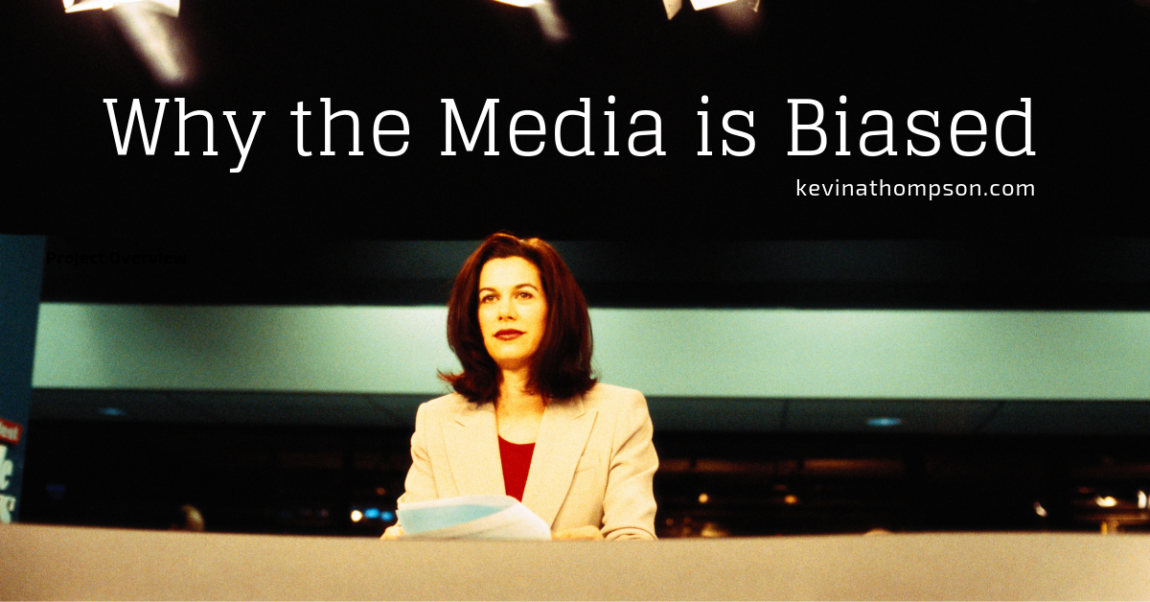Power hates light. As long as those in power can cast shadows of doubt and uncertainty, they can go unchecked. Light is the greatest threat to their power. When light is shown on the actions and attitudes of power, it forces them to be noble, self-sacrificing, and honest. In the dark, they can be self-serving, deceitful, and evil.
Light keeps power under control. Few professions shine a light in the direction of power like journalism. The founders of America understood that unchecked power is dangerous. While they put the ultimate power in the hand of the average citizen through the vote, they aided the citizens by ensuring the powerful would always have light shown upon them by a free press.
When the freedom of the press is threatened, so is our democracy.
Of course, powerful people and institutions can’t come out against the truth. They can’t admit they prefer the shadows. Instead, they call into question anyone who shines a light in their direction. The press is the most likely target. Rather than admitting they are uncomfortable by the spotlight, they accuse journalists of stirring the pot, creating dissension, and disturbing the peace. They attack the holders of the spotlight because they do not want to deal with the truth. (See: Why the Announcers Hate Your Team)
High School Censorship
At a nearby high school, students are facing a possible threat to their First Amendment rights and definite threat to their right to a good education. As students, they did what good journalists do. They sensed something amiss, investigated, double-sourced their facts, and wrote an informative story. Their readers were intrigued and informed. Their professor was proud, but their administration failed them. Instead of encouraging their pursuit of truth, administrators threatened to censor them and eventually suspended the paper. Why?
Because the students wrote an article which showed football players were allowed to violate policy. The players were given special treatment and the journalist called them out for it. Now the administration wants to ignore state law because they don’t like the light being shown on their decisions. (To read more of the story, see HERE.)
What’s most fascinating is that administrators have called the article “demeaning and derogatory,” but they haven’t called it untrue. They think the article created an uproar and they want to restore the peace. Funny that they’ve blamed the student’s article and not their own decisions as the source of the discord.
A Former High School Journalist
The most influential aspect of my undergraduate education was my time in journalism. In both junior high and high school, I worked on the newspaper staff. In my first editorial (notice, that’s an opinion piece), I wrote the most controversial article I’ve ever written (and when you consider what I’ve written on this website, that’s saying something.) But I was never censored.
Instead, my adviser assisted me to consider the ramifications of stories (and headlines, oh the headlines). We discussed and debated the balance between being interesting enough to draw an audience while also being fair to others. In short, she educated me. (See: Political Correctness–What Donald Trump Doesn’t Understand)
While I was the editor for a student-led newspaper, she used all experiences to educate me and the only standard for publication was the truth. We couldn’t print falsehoods. We had to verify our facts. Opinions had to be saved for editorials. But the rest was up to us. The student newspaper wasn’t a tool of propaganda for the school district; it was a vehicle of education for students.
As with all educational tools, we had successes and failures. We didn’t need an administration censoring us. If we got something wrong, we had to learn the process of retractions and corrections. Sadly, the students in Springdale don’t have the same privilege. While they have a supportive adviser, they have administrators who don’t value the first amendment and the need for light be to be placed on power.
Biased Media
We live in a day when most media outlets are seen as biased. While much of this belief is a myth, there is an issue with journalists focusing more on entertainment than truth. Too often they serve as propaganda for a party rather than servants of the people.
Yet ultimately, the bias in media is the fault of the people.
We choose entertainment over good reporting.
We fail to pay for solid journalism.
We choose sound-bytes instead of well-sourced articles.
We get our news from social media rather than newspapers.
We refuse to do a little work to verify stories and reporting.
We assume stories which validate our opinions are right and dismiss articles which challenge our thinking as being false.
We create a biased media because that’s what we pay for. Failing to value freedom of the press, we end up with a biased media. Now, bias is being taught in schools. Rather than valuing truth, administrators are teaching students that they shouldn’t create bad publicity. They are being taught to cover up the truth. Good journalism is being punished.
Powerful people do not like the light. Because they prefer darkness, they don’t like journalists who regularly call the decisions and actions of the powerful into the spotlight. The powerful prefer to attack the journalists rather than dealing with the truth. Never trust those who attack the media, even when the media consists of high school students.




One Response to Why the Media is Biased